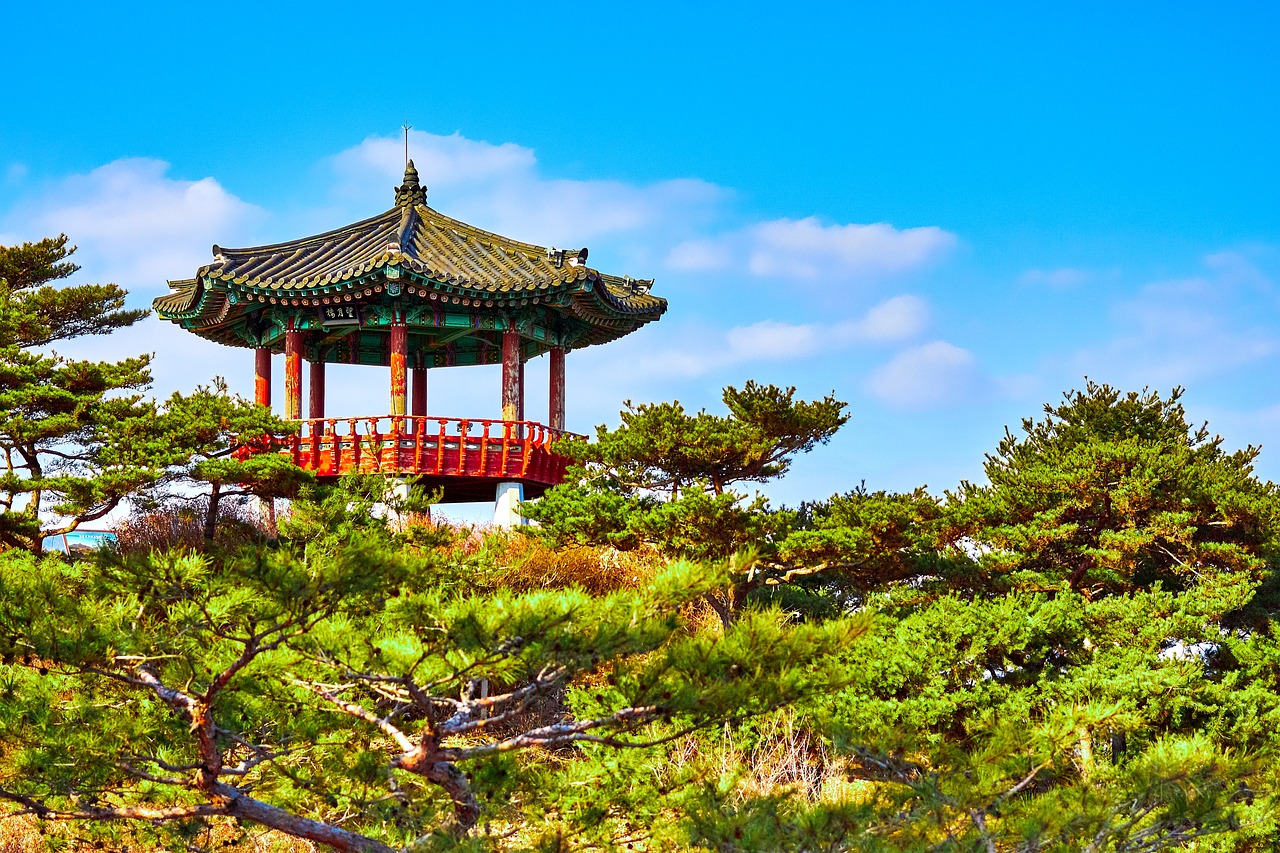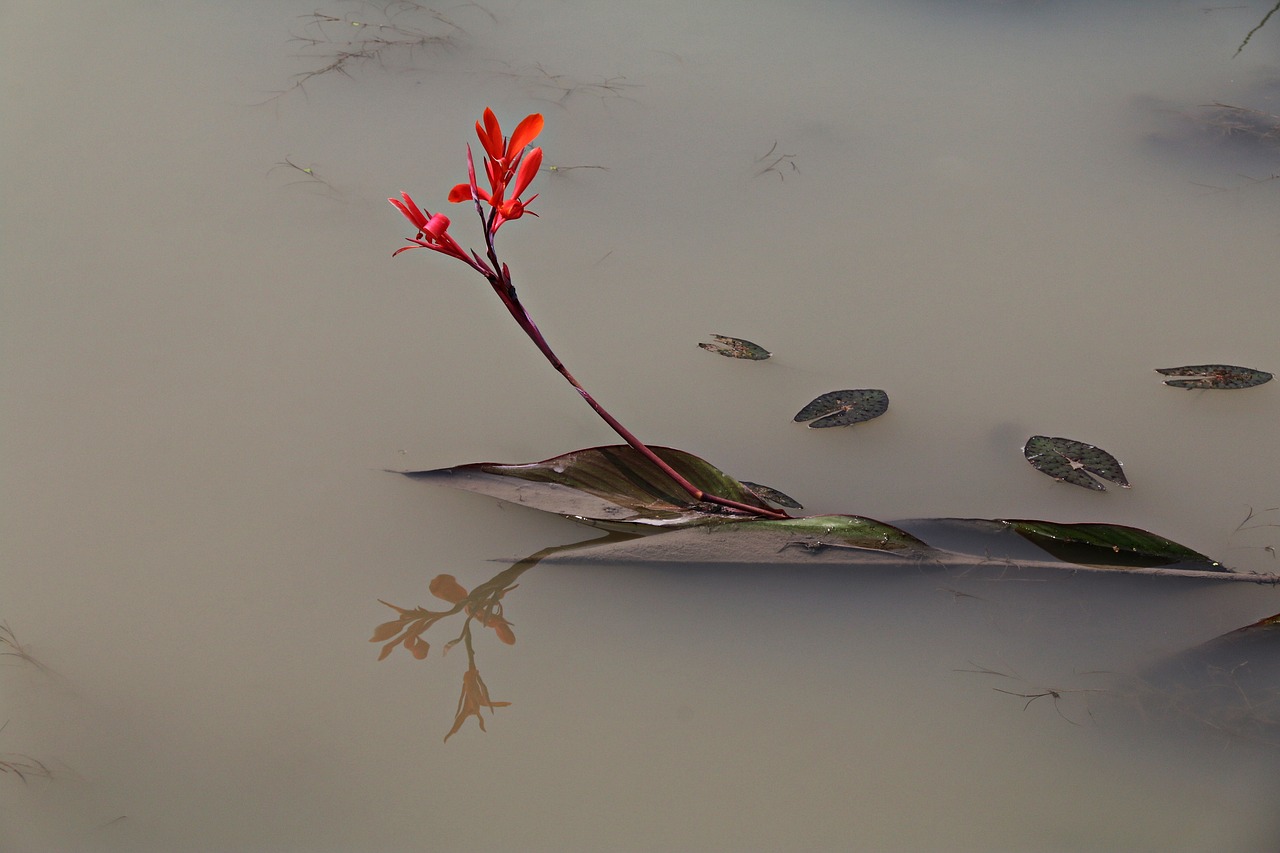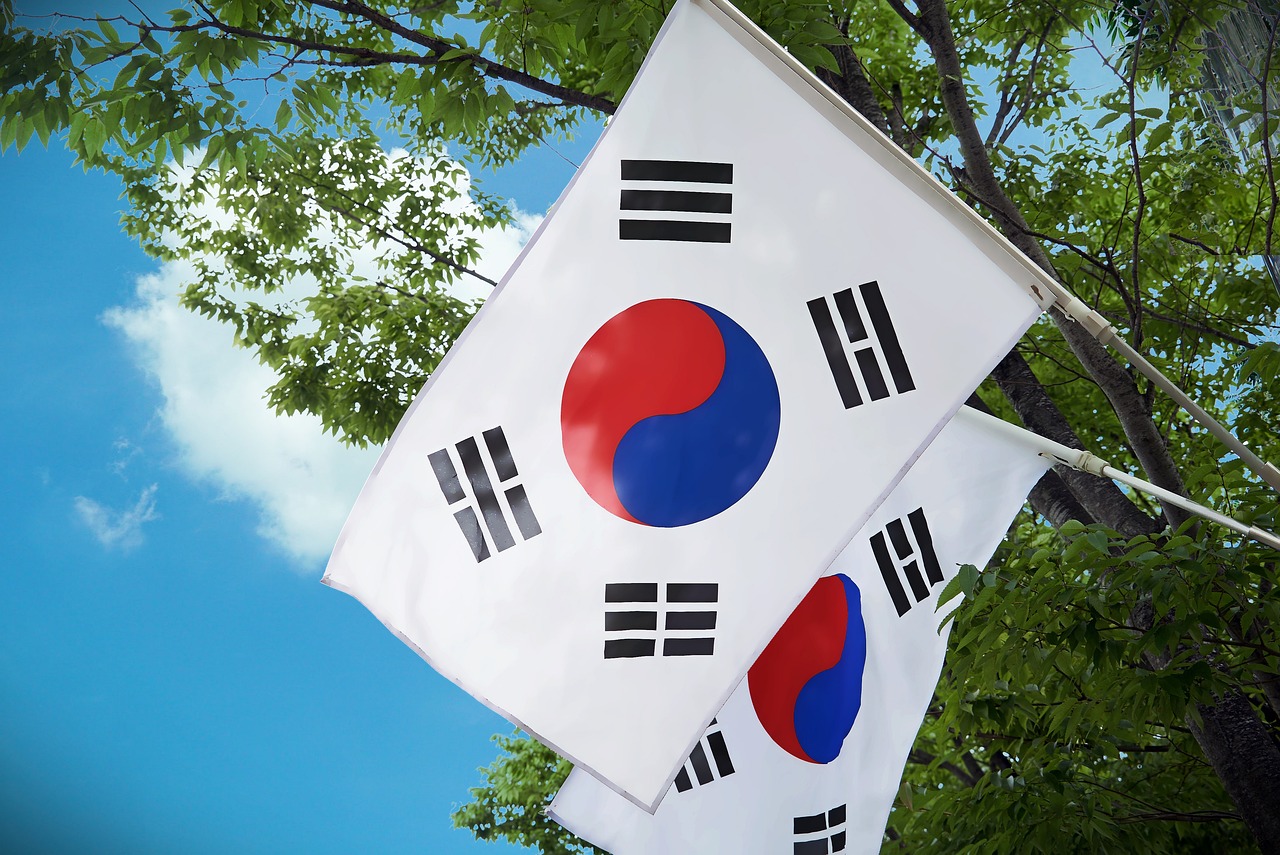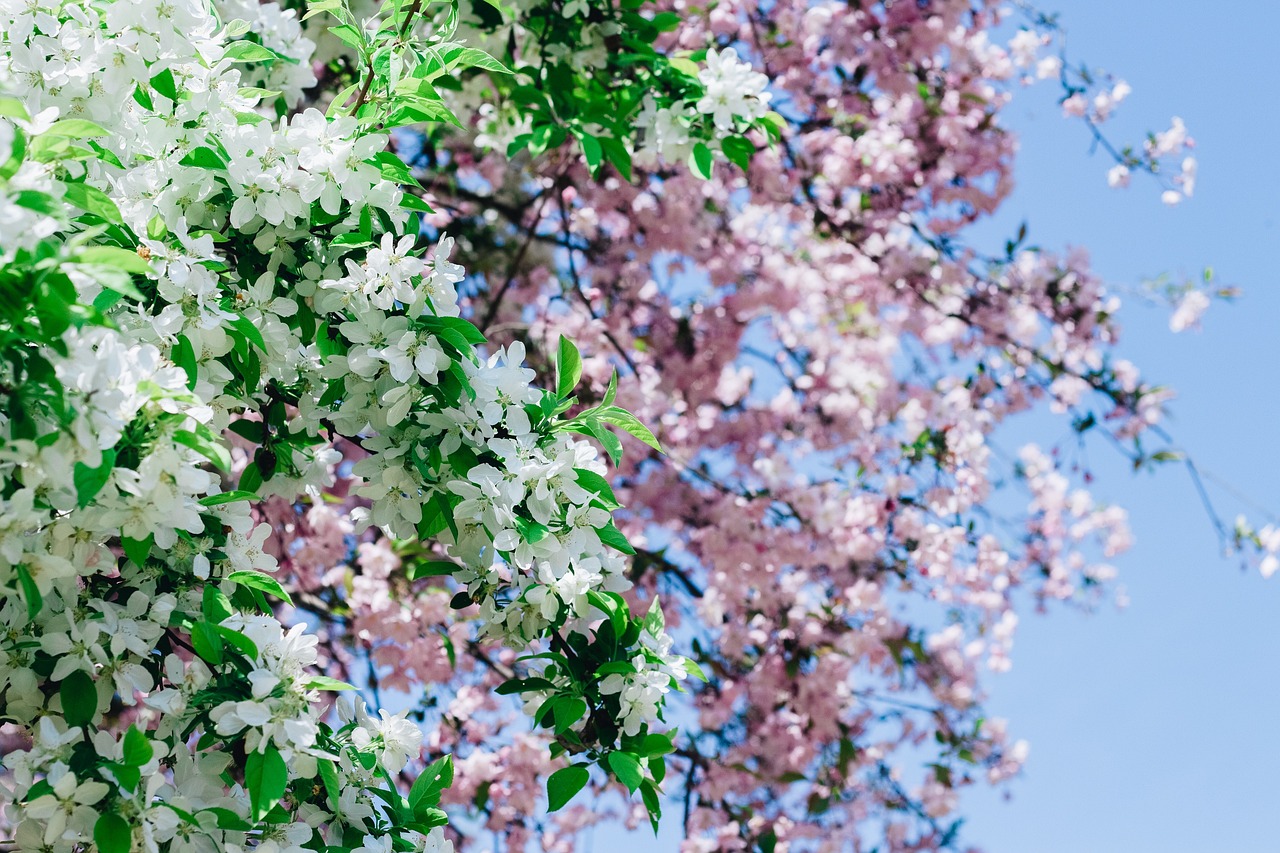Local Markets in South Korea: Sourcing Fresh Produce and Goods
South Korea is renowned for its vibrant and diverse local markets, offering a wide array of fresh produce and goods. These markets provide a unique opportunity to experience the country’s rich culinary culture and to source high-quality ingredients. Whether you’re a resident or a visitor, exploring local markets is a must-do activity in South Korea. In this article, we will delve into the fascinating world of South Korean local markets and provide detailed information about the best ones to visit.
Introduction
Local markets in South Korea are bustling hubs of activity, where vendors sell a wide range of products, including fresh fruits, vegetables, seafood, meat, spices, clothing, handicrafts, and more. These markets are not only places to shop but also cultural and social centers, where locals gather to socialize and enjoy street food. The vibrant atmosphere, sights, sounds, and smells make visiting a local market an immersive experience.
Gwangjang Market
Gwangjang Market, located in Seoul, is one of the oldest and largest traditional markets in South Korea. It has a rich history dating back to 1905 and is known for its extensive selection of food stalls and textiles. Here are some highlights of the market:
- Bindaetteok: This market is famous for its bindaetteok, a savory pancake made of ground mung beans mixed with vegetables and meat. It is a must-try dish at Gwangjang Market.
- Textiles: Gwangjang Market is also known for its textile section, where you can find a variety of fabrics, including silk, hanbok (traditional Korean clothing), and more. It’s a great place to shop for unique souvenirs or materials for making traditional Korean garments.
- Yukhoe Alley: This alley is dedicated to yukhoe, a Korean-style beef tartare dish. Here, you can find various vendors serving high-quality raw beef seasoned with sesame oil, soy sauce, and other flavorful ingredients.
Jagalchi Fish Market
Jagalchi Fish Market, located in Busan, is the largest fish market in South Korea. It offers a wide selection of fresh seafood, making it a paradise for seafood lovers. Here are some highlights of the market:
- Live Seafood: At Jagalchi Fish Market, you can witness the vibrant display of live seafood, including fish, crabs, octopus, and more. You can even choose your seafood and have it cooked on-site at one of the nearby restaurants.
- Street Food: The market is also well-known for its street food stalls, where you can indulge in various seafood-based snacks, such as grilled fish skewers, seafood pancakes, and sashimi.
- Aquarium: If you’re interested in learning more about marine life, the Jagalchi Market also houses an aquarium where you can explore various aquatic species and gain insights into the local marine ecosystem.
Tongin Market
Tongin Market, situated in Seoul’s Jongno-gu district, is a historic market known for its traditional atmosphere and affordable food options. Here are some highlights of the market:
- Dosirak Café: Tongin Market is famous for its unique dosirak café, where you can exchange money for old-school brass coins and use them to buy a wide variety of traditional Korean dishes from different food stalls. It’s a fun and interactive way to experience the market.
- Banchan: Banchan refers to a variety of small side dishes served with rice in Korean cuisine. At Tongin Market, you can find an impressive assortment of banchan, allowing you to create a personalized meal with your favorite flavors.
- Traditional Snacks: The market also offers a wide range of traditional Korean snacks, such as tteokbokki (spicy rice cakes), hotteok (sweet pancakes), and gimbap (seaweed rice rolls). These snacks are perfect for a quick bite while exploring the market.
Image 1: South Korea

Noryangjin Fish Market
Noryangjin Fish Market, located in Seoul, is another popular seafood market that offers an extensive selection of fresh fish and other marine products. Here are some highlights of the market:
- Auction Experience: Noryangjin Fish Market provides a unique opportunity to witness the exciting fish auctions that take place early in the morning. You can observe the fast-paced bidding process and learn more about the seafood trade.
- Seafood Restaurants: The market is home to numerous seafood restaurants where you can enjoy a delicious meal with the freshest ingredients. You can choose your fish or seafood from the market and have it prepared according to your preference.
- Sashimi Alley: If you’re a fan of sashimi, make sure to explore the market’s sashimi alley, where you can find a wide variety of raw fish and seafood delicacies. It’s a perfect place to satisfy your seafood cravings.
Dongmun Market
Dongmun Market, located in Jeju City, is the largest traditional market on Jeju Island. It offers a glimpse into the island’s unique culinary traditions and local products. Here are some highlights of the market:
- Jeju Black Pork: Dongmun Market is renowned for its Jeju black pork, a local specialty known for its tender and flavorful meat. You can find numerous vendors grilling and serving this delicious pork dish.
- Jeju Tangerines: Jeju Island is famous for its sweet and juicy tangerines. At Dongmun Market, you can purchase fresh tangerines or various products made from tangerines, such as jams, candies, and juices.
- Local Handicrafts: The market also showcases a variety of local handicrafts, including pottery, wooden crafts, and traditional Jeju clothing. It’s an excellent place to find unique souvenirs and support local artisans.
Image 2: South Korea

Goseong Green Tea Plantation
Goseong Green Tea Plantation, located in Goseong County, is a picturesque tea plantation known for its high-quality green tea production. Here are some highlights of the plantation:
- Tea Tasting: Visitors can participate in tea tasting sessions, where they can sample different varieties of green tea and learn about the cultivation and processing methods.
- Tea Products: The plantation offers a wide range of green tea products, including loose-leaf tea, tea bags, tea-infused snacks, and beauty products made from green tea extracts. These make for great souvenirs or gifts.
- Scenic Views: Goseong Green Tea Plantation is nestled amidst beautiful rolling hills, offering breathtaking views of the tea fields. It’s a serene and tranquil place to relax and enjoy the natural beauty.
Seomun Market
Seomun Market, located in Daegu, is one of the largest traditional markets in South Korea. It has a long history dating back to the Joseon Dynasty and is known for its vibrant atmosphere and diverse range of products. Here are some highlights of the market:
- Textiles and Clothing: Seomun Market is famous for its textile and clothing section, where you can find a wide variety of fabrics, garments, and accessories at affordable prices. It’s a paradise for fashion enthusiasts.
- Street Food: The market offers an extensive selection of street food stalls, serving dishes such as spicy rice cakes, dumplings, fried snacks, and more. It’s a food lover’s paradise.
- Traditional Crafts: Seomun Market is a great place to explore traditional Korean crafts, including pottery, wooden crafts, and handmade accessories. You can find unique and authentic pieces to take home.
Image 3: South Korea

Conclusion
Exploring local markets in South Korea is a fascinating and enriching experience that allows you to immerse yourself in the country’s vibrant culture and culinary scene. From the bustling streets of Gwangjang Market to the aromatic seafood stalls of Jagalchi Fish Market, each market offers its own unique charm and specialties. Whether you’re looking for fresh produce, traditional crafts, or mouthwatering street food, South Korea’s local markets have something for everyone.
References
– Gwangjang Market: gwangjangmarket.co.kr
– Jagalchi Fish Market: jagalchimarket.org
– Tongin Market: tonginmarket.co.kr
– Noryangjin Fish Market: noryangjin.or.kr
– Dongmun Market: dongmunmarket.co.kr
– Goseong Green Tea Plantation: visitkorea.or.kr
– Seomun Market: seomunmarket.co.kr

